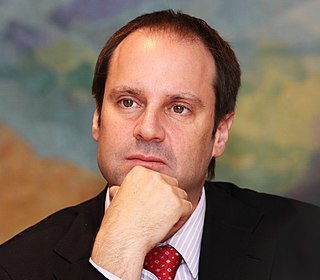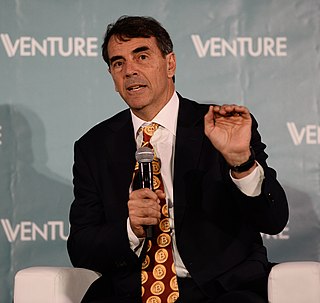A Quote by Steve Jobs
The technology companies don't understand creative things at all. Silicon Valley's view of the creative process in Hollywood is a bunch of guys in their young thirties sitting on a couch, drinking beer, and thinking up jokes.
Related Quotes
More and more major industries are being run on software and delivered as online services—from movies to agriculture to national defense. Many of the winners are Silicon Valley-style entrepreneurial technology companies that are invading and overturning established industry structures. Over the next 10 years, I expect many more industries to be disrupted by software, with new world-beating Silicon Valley companies doing the disruption in more cases than not.
When I first moved to Hollywood from Silicon Valley, I had some misgivings. But I found that there were some advantages to being in Hollywood. And, in fact, some advantages to owning your own media company. And I also found that Hollywood and Silicon Valley have a lot more in common than I would have dreamed.
It's understandable that the music companies that are comprised of people that are successful by making good creative decisions - they have to decide which out of fifty artists is the next hot one, with no data to go from. It's an intuitive process, and that's what they do well when they're successful. They don't understand technology.
I really knew almost nothing about Silicon Valley. I read that Steve Jobs book and watched a bunch of documentaries, and read the book about Mark Zuckerberg. I tried to learn some stuff, but there are consultants on the Silicon Valley show that know so much about it where you can get answers. To me, it's more important to get the particulars about that type of person as opposed to the specifics of the technology world.
The creative process is just a process and you can't really separate it from life. Growing your hair is a creative process. Your body is creating hair. Being alive is a creative process. Whether it's growing something in the garden or growing a song, the material accumulates. It's the process of being alive; it's the passage of time. Things change.

































